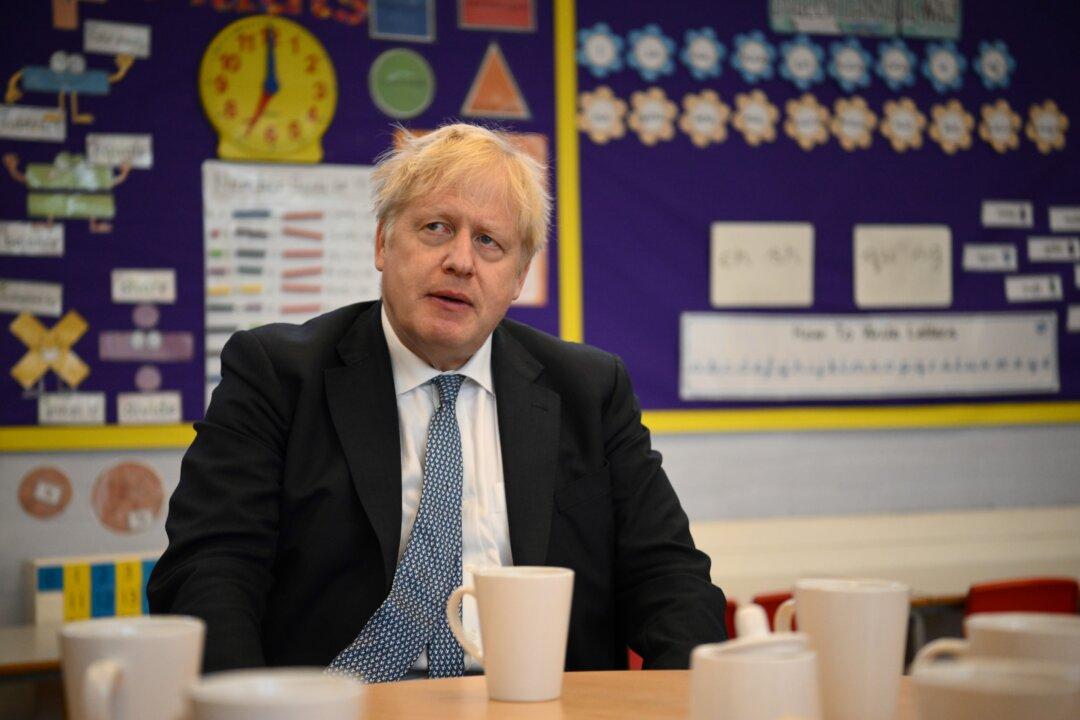Britain’s ruling Conservative Party endured a “tough night” following Thursday’s local council elections but the results were “mixed,” Prime Minister Boris Johnson has said.
The ballots are still being counted, but the Conservatives have lost 10 local councils—including three London councils that they had held for decades—and more than 180 councillor seats in England, and early results in Scotland are also said to be “disappointing.”





